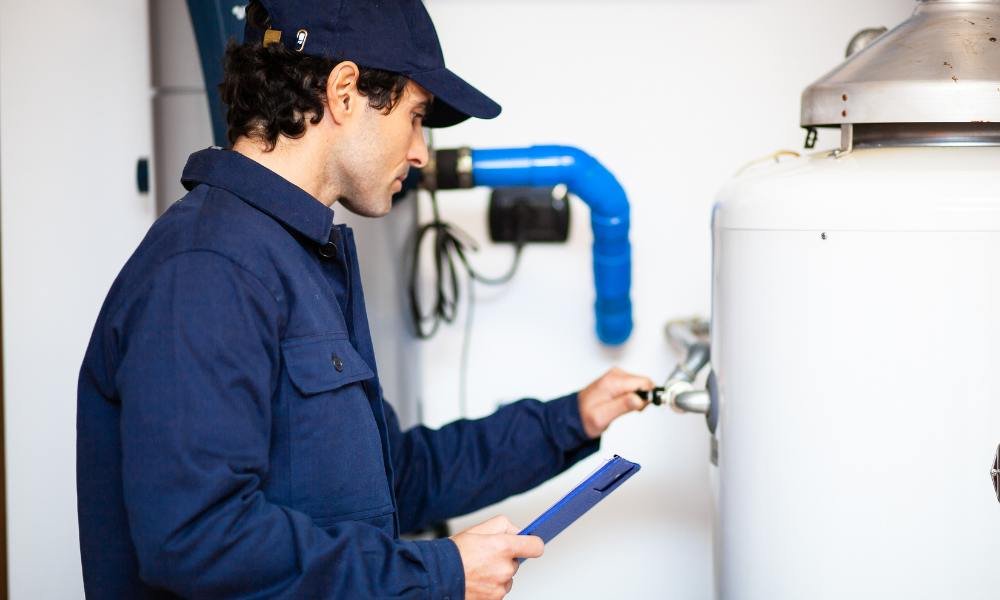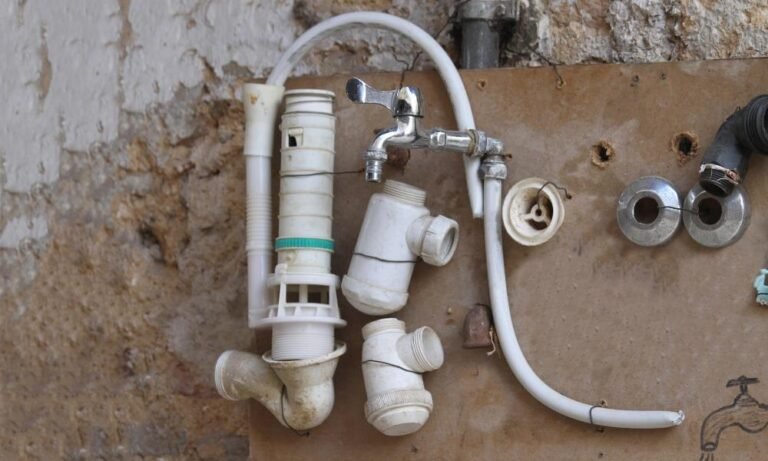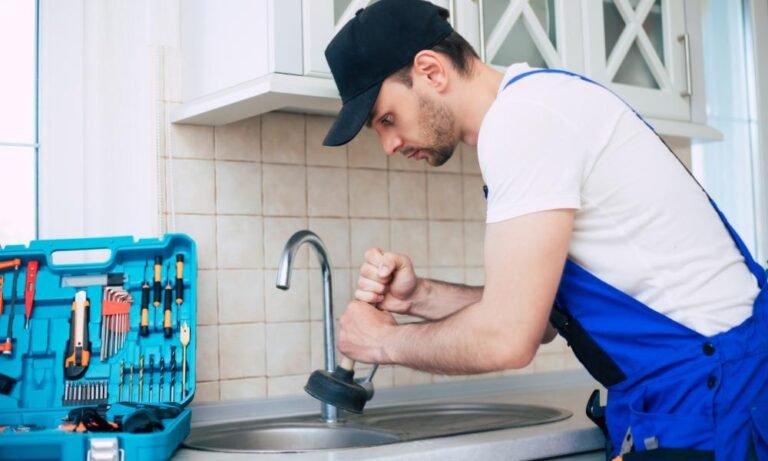Estimated reading time: 6 minutes
Hot water systems are among the most essential appliances in our homes. Despite their importance, they often remain misunderstood. Over the years, I’ve seen many homeowners fall for myths about these systems, leading to unnecessary expenses and frustration. That’s why I want to clear up some common misconceptions and help you make informed decisions about your system.
In this guide, I’ll tackle myths surrounding water heaters, provide practical advice, and offer insights to keep your system running efficiently. Here’s what we’ll cover:
- Why adjusting the temperature doesn’t speed things up.
- The truth about maintaining and draining your system.
- How to choose between tankless and traditional systems.
- Signs it’s time for repairs or an upgrade.
Let’s dive into these myths and uncover the truth behind them!
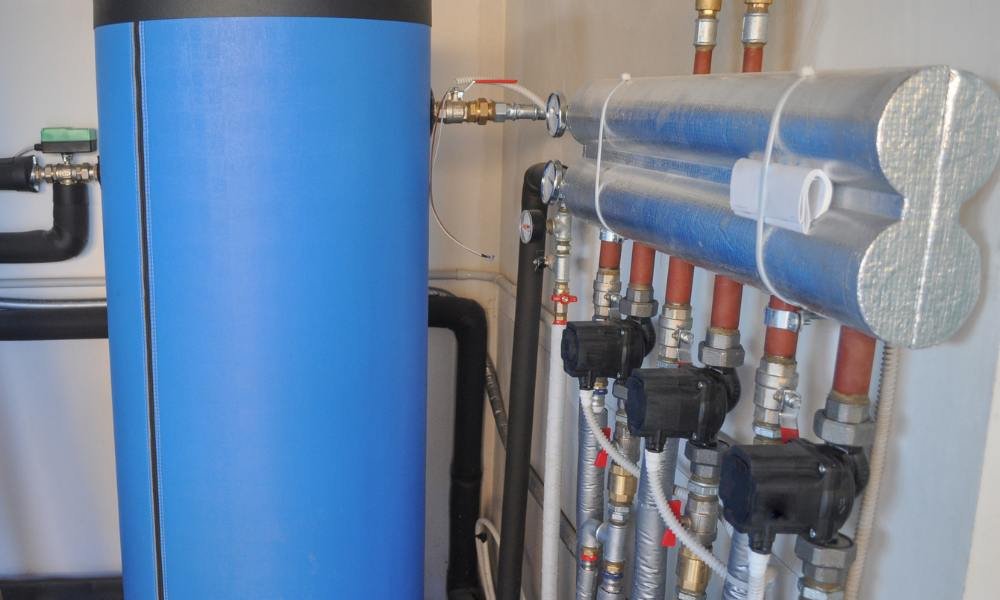
Cranking Up the Thermostat Heats Water Faster
This is one of the most common misconceptions I hear, and it’s easy to understand why people believe it. The logic seems simple: turn the thermostat up, and you’ll get hot water sooner. Unfortunately, that’s not how these systems work.
Your water heater is designed to maintain a steady temperature, typically between 120°F and 140°F. Raising the thermostat doesn’t speed up the process—it only increases the temperature of the water already in the tank. The result? A higher risk of scalding and more strain on your system.
If it feels like hot water takes forever to reach your tap, the issue is more likely related to the distance between the system and your faucet or the size of your heater. Solutions like pipe insulation or upgrading to a unit with a higher flow rate can help without compromising safety.
Draining Your System Frequently Is Essential
Sediment buildup is a real concern, especially in areas with hard water. Over time, minerals like calcium and magnesium settle at the bottom of the tank, reducing efficiency. However, draining your system too often can actually cause unnecessary wear and tear.
A good rule of thumb is to flush the tank once a year. This process removes sediment while keeping your system in good working order. To reduce buildup in the first place, consider installing a water softener or sediment filter. These additions can make a big difference, especially if your water supply is hard.
For those who prefer a hands-off approach, professional plumbers can handle flushing and other maintenance tasks to keep your system in top shape.
Tankless Systems Are Always Better
Tankless systems have gained a reputation as the gold standard for modern households. They’re compact, energy-efficient, and provide hot water on demand. But are they the best choice for everyone?
Not necessarily. While tankless models are ideal for homes with lower water demands or limited space, they may not suit larger households. If your family often uses multiple water appliances simultaneously—say, running a dishwasher and taking showers at the same time—a traditional tank may better meet your needs.
Additionally, tankless systems often come with higher upfront costs. While they save money on energy bills over time, it’s important to weigh those savings against the initial investment. Consulting a professional can help you decide which system is best for your home.
Noisy Heaters Are About to Break
Hearing strange sounds from your system can be concerning, but it doesn’t always mean disaster. In most cases, noises like popping or rumbling are caused by sediment buildup at the bottom of the tank.
As the water heats, trapped air bubbles in the sediment create these sounds. While it’s not an emergency, it’s a clear sign your system needs attention. Flushing the tank usually resolves the issue.
If the noise persists after maintenance, it could indicate other problems, such as a failing heating element or pressure buildup. In these cases, it’s best to have a plumber inspect the system to ensure everything is working as it should.
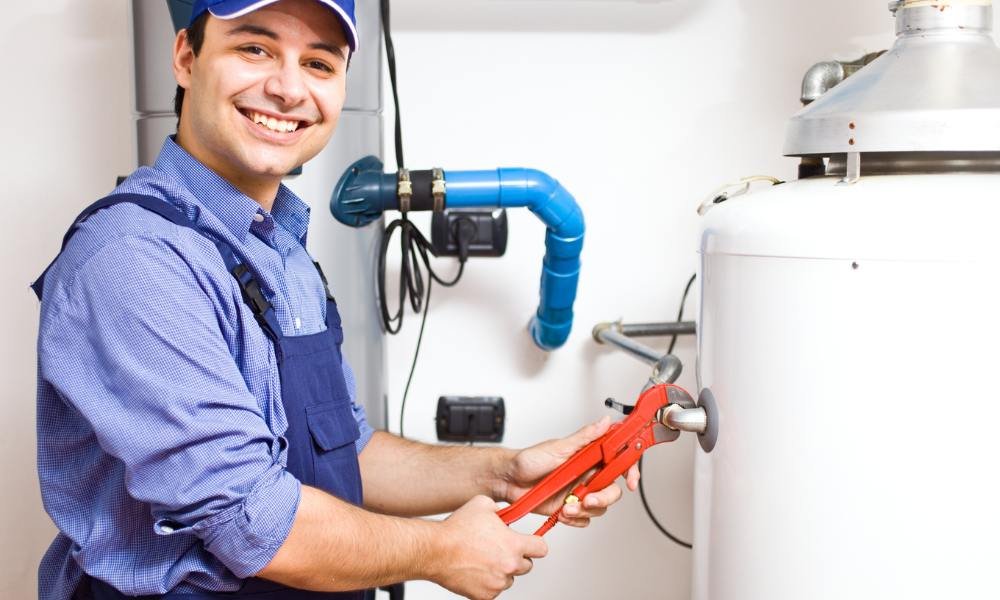
DIY Repairs Are Safe and Affordable
When something goes wrong, it’s tempting to try fixing the issue yourself to save money. However, water heating systems are complex appliances with gas or electrical components, pressurized water, and precise mechanics.
Attempting a repair without the right tools and expertise can lead to bigger problems, including leaks, electrical hazards, or even gas exposure. A professional plumber has the training and equipment needed to diagnose and fix issues safely and efficiently. In the long run, relying on an expert often saves time, money, and stress.
Only Replace the Unit When It Breaks
Waiting until your system fails completely might seem like a practical approach, but it can leave you without hot water when you need it most. Most traditional systems last around 10–15 years, while tankless models can last up to 20 years.
If your unit is nearing the end of its expected lifespan or frequently requires repairs, it’s worth considering a replacement. Upgrading to a newer, more efficient model not only prevents unexpected breakdowns but can also lower your energy bills.
Proactive replacement allows you to plan for the cost and choose a system that fits your needs, rather than rushing into a decision during an emergency.
How to Keep Your System Running Smoothly
To extend the life of your system and avoid unnecessary repairs, follow these expert tips:
Set the Right Temperature: Keep the thermostat between 120°F and 140°F for safety and efficiency.
Flush Annually: Remove sediment buildup with an annual flush.
Check the Anode Rod: This component prevents tank corrosion and should be inspected every 3–5 years.
Install a Water Softener: Reduce sediment accumulation in areas with hard water.
Schedule Regular Inspections: Professional maintenance can catch small issues before they become big problems.
FAQs About Hot Water Systems
Q: How can I tell if my system needs replacement?
A: Signs include frequent repairs, reduced efficiency, or reaching the end of its lifespan (10–15 years for traditional models).
Q: Are tankless systems more efficient?
A: Tankless models can save energy, but whether they’re more efficient depends on your household’s water usage and preferences.
Q: What’s the best way to reduce sediment buildup?
A: Installing a water softener or sediment filter is highly effective, especially in areas with hard water.
Q: How often should I schedule maintenance?
A: An annual inspection is ideal for most homes, ensuring your system stays in good working condition.
Final Thoughts
Hot water systems are essential for everyday life, and understanding how they work can save you time, money, and frustration. By debunking these myths and following simple maintenance tips, you’ll keep your system running efficiently and extend its lifespan.
When in doubt, don’t hesitate to call a professional. A little expert advice today can prevent major headaches tomorrow—and ensure you always have hot water when you need it.
